Separation anxiety in dogs is a condition marked by stress and behavior problems when left alone. It can manifest in destructive behavior, excessive barking, and even self-harm. While any dog can develop separation anxiety, certain breeds are less prone to this distressing condition due to their independent nature or breeding history. This article explores “12 Dog Breeds Who are NOT Prone to Separation Anxiety,” highlighting dogs that are more adaptable to spending time alone, making them suitable for owners with busy lifestyles or those who cannot always provide constant companionship. These breeds typically display confidence, self-reliance, and a calm demeanor when their human counterparts are away.
1. Basenji
The Basenji, often hailed as the “barkless dog,” is known for its independent streak. Originally bred for hunting in Africa, this breed has developed a self-sufficient nature, making them less likely to experience separation anxiety. Basenjis are curious and intelligent, often finding ways to entertain themselves when left alone. Their quiet nature and ability to keep themselves occupied are traits that help mitigate the risk of separation anxiety. While they form strong bonds with their families, Basenjis are not overly clingy, making them suitable for households where they may have to spend some time on their own.
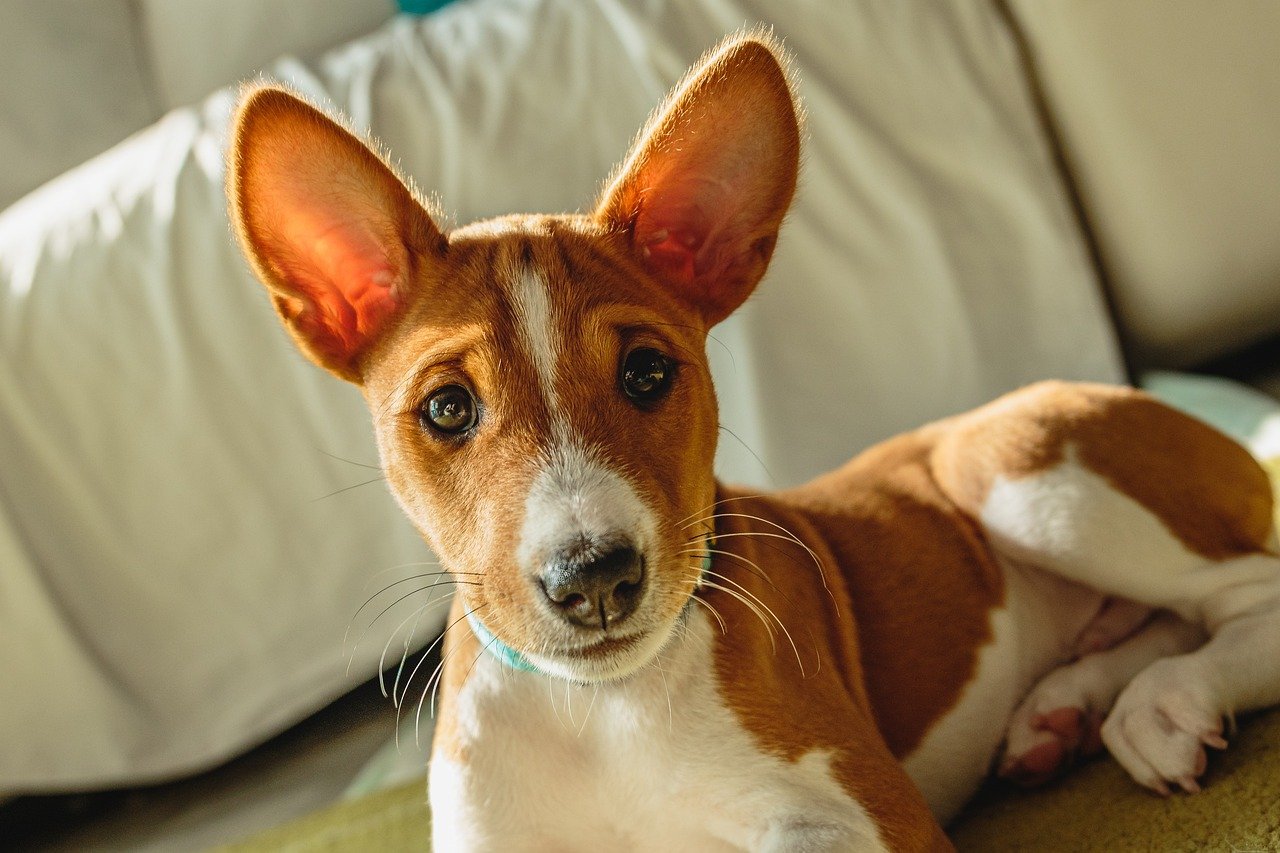
2. Shar Pei
The Shar Pei is a dignified and reserved breed, characterized by its unique wrinkled appearance. This breed’s history as a farm dog and hunter has imbued it with a strong sense of independence. Shar Peis tend to be devoted to their families but do not demand constant attention, often content to spend time alone. Their calm and aloof demeanor means they are less prone to separation anxiety, as they are naturally more self-contained. Shar Peis require early socialization but can be a good match for owners looking for a less needy companion.
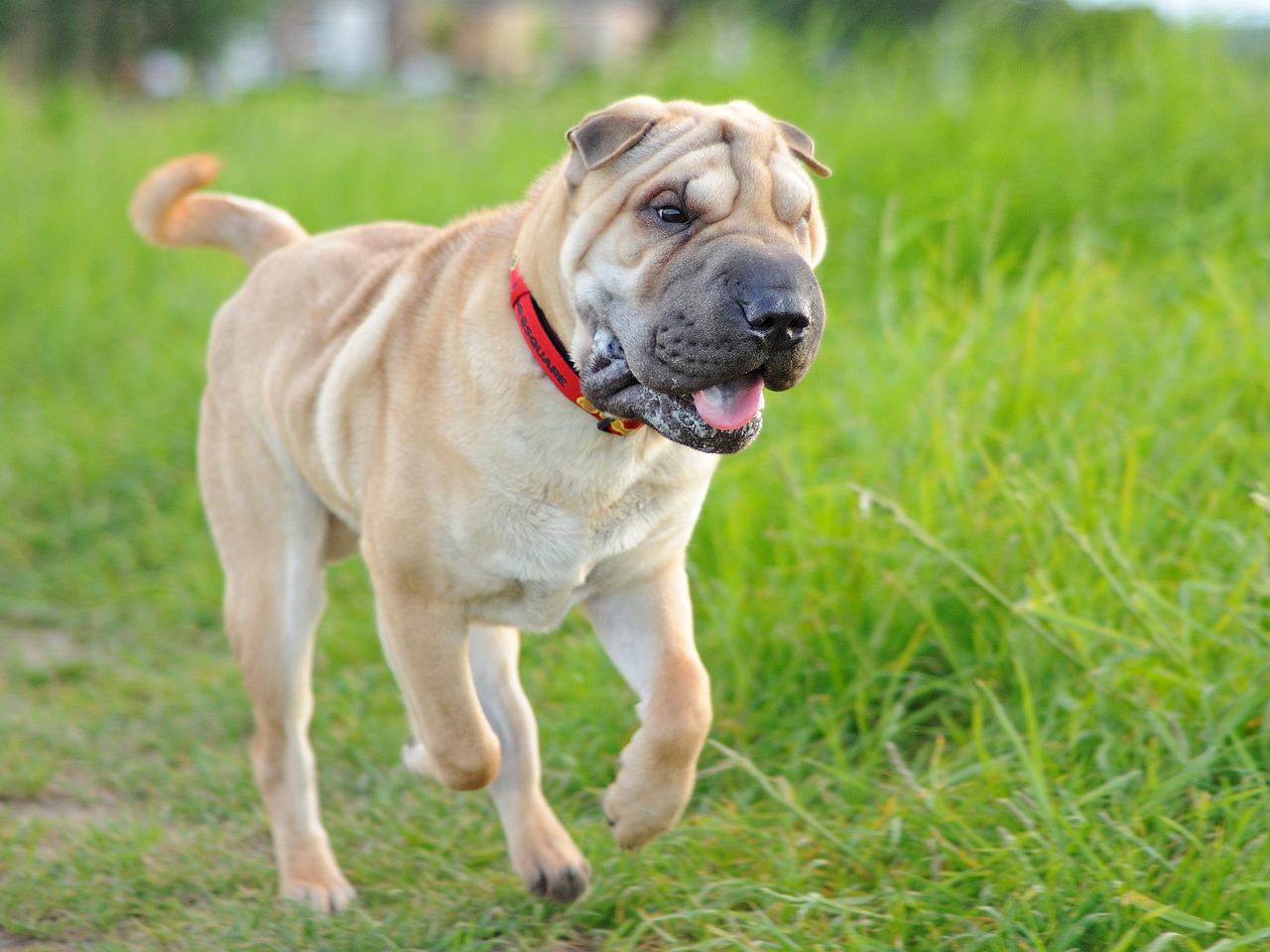
3. Greyhound
Greyhounds, known for their racing prowess, are surprisingly laid-back and independent when not on the track. Despite their high energy levels in short bursts, they are quite content to lounge for hours, making them well-suited to homes where they may be left alone during the day. Greyhounds are gentle and affectionate with their families but do not generally suffer from separation anxiety due to their adaptable and easy-going nature. Their ability to relax and remain calm when alone is a trait that endears them to many owners.
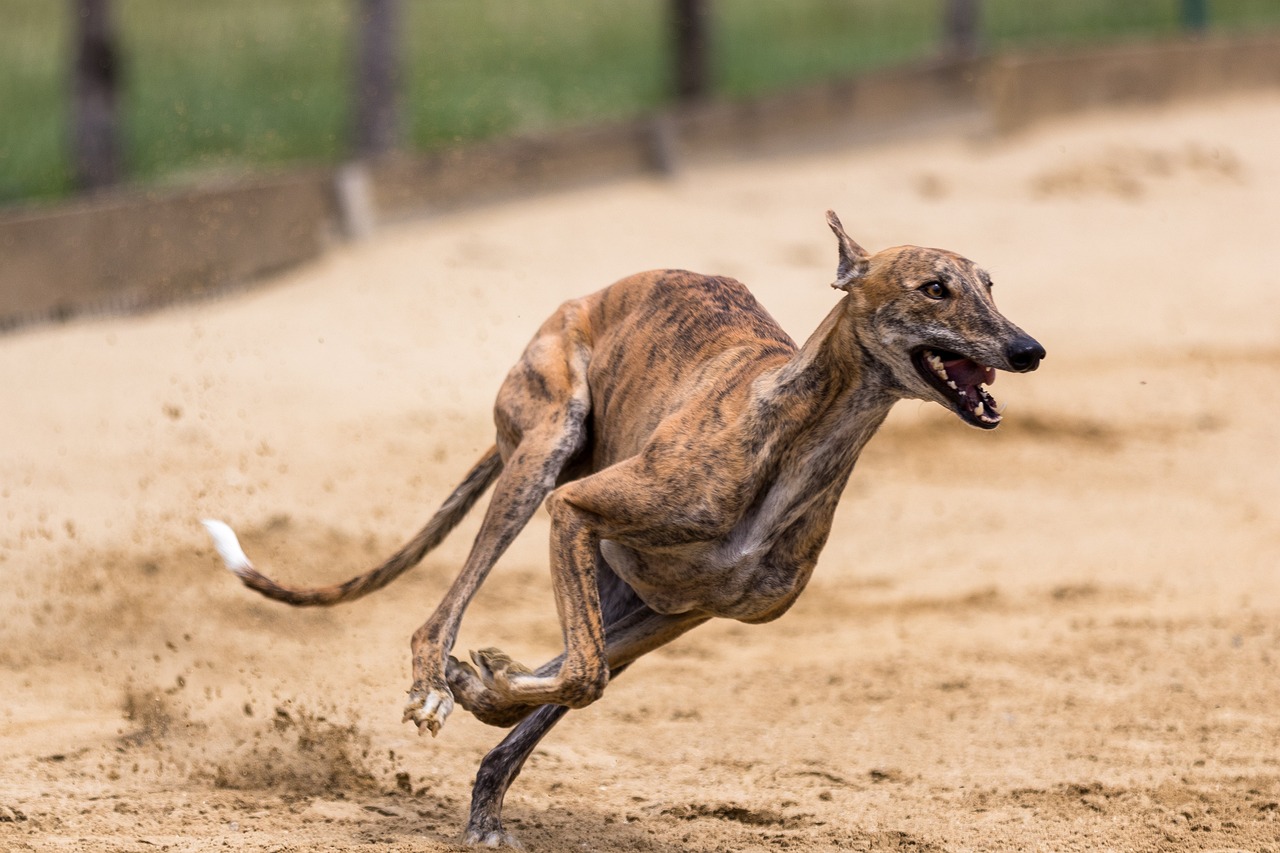
4. Akita
The Akita is a noble breed from Japan, valued for its loyalty and courage. Akitas are known to form a strong bond with their family but maintain an independent spirit. They were originally bred for hunting and guarding, which has contributed to their self-reliant nature. Akitas prefers the company of their family but can cope well with being alone, showing little tendency towards separation anxiety. Their quiet and reserved demeanor, combined with their independence, makes them suitable for households where they might spend some time by themselves.
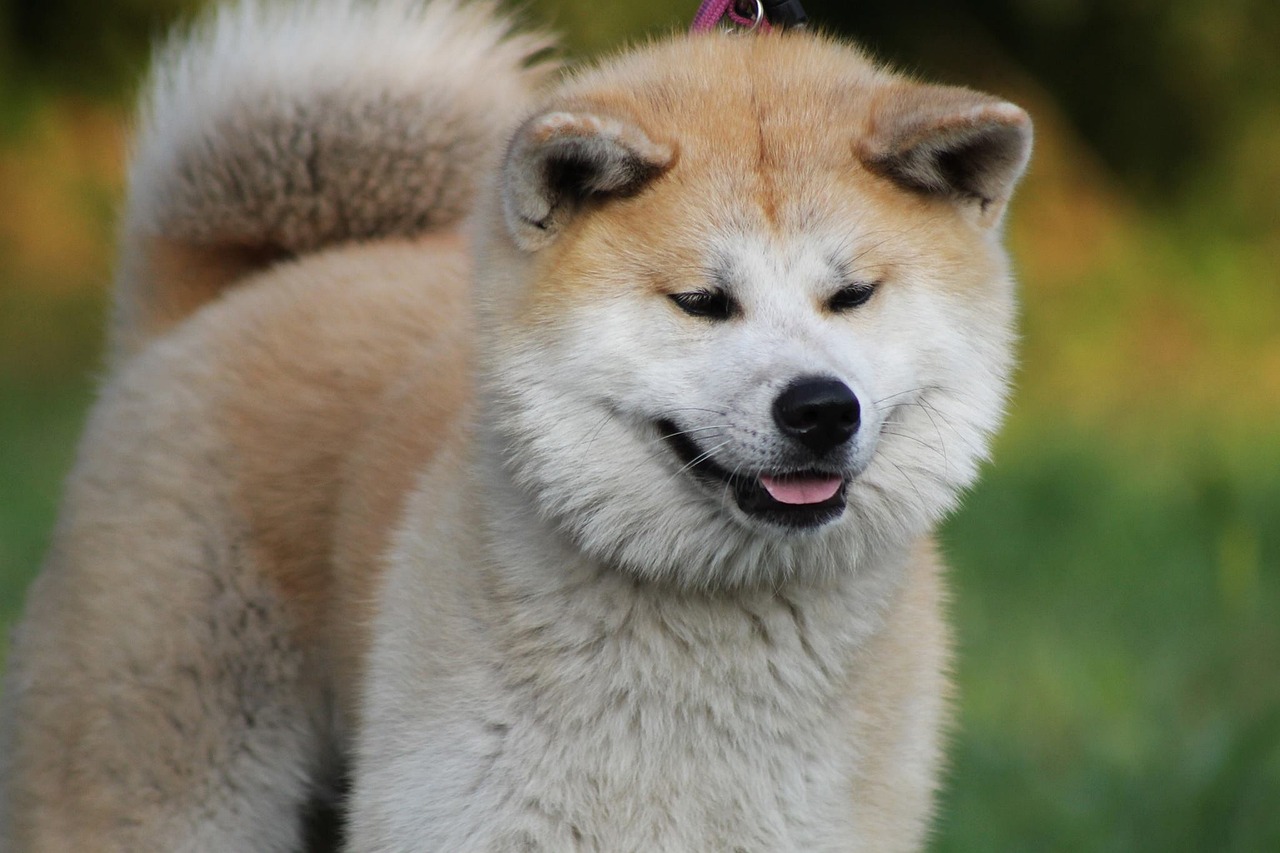
5. Chow Chow
Chow Chows are distinctive for their lion-like mane and stoic nature. This breed is known for its aloofness and independence, traits that make them less prone to separation anxiety. Chow Chows tend to be very self-sufficient, forming close bonds with their families but not requiring constant interaction. Their independent nature means they are less likely to experience distress when left alone, making them a good choice for owners with demanding work schedules.
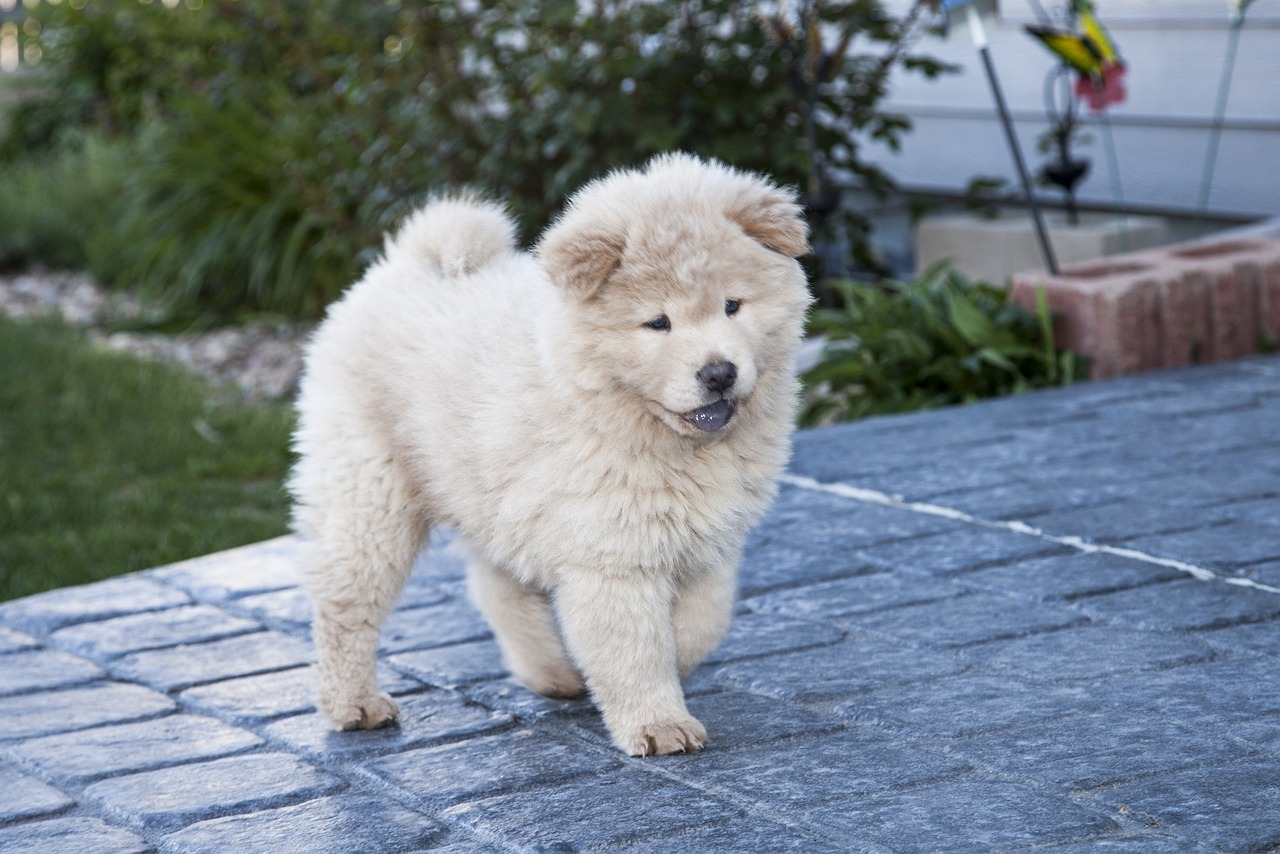
6. Whippet
Whippets are affectionate and playful, yet they possess an independent side that allows them to handle time alone without much anxiety. Bred for hunting by sight, their quiet and reserved nature indoors contrasts with their speed and agility outdoors. Whippets can form strong attachments to their owners but do not typically display behaviors associated with separation anxiety, thanks to their ability to entertain themselves and rest calmly when needed. Their gentle and undemanding demeanor makes them excellent companions for those who cannot provide constant attention.

7. Scottish Terrier
The Scottish Terrier, or “Scottie,” is a small but sturdy breed with a distinctive appearance and a bold personality. Scotties were originally bred for hunting and have a natural independence that helps them handle time alone without undue stress. Their confident and sometimes aloof nature means they form strong bonds with their families but do not require constant attention. Scotties can be reserved with strangers, adding to their self-sufficient demeanor. They enjoy having a job to do, whether it’s guarding the house or solving interactive toys, which keeps them mentally stimulated when their owners are away.
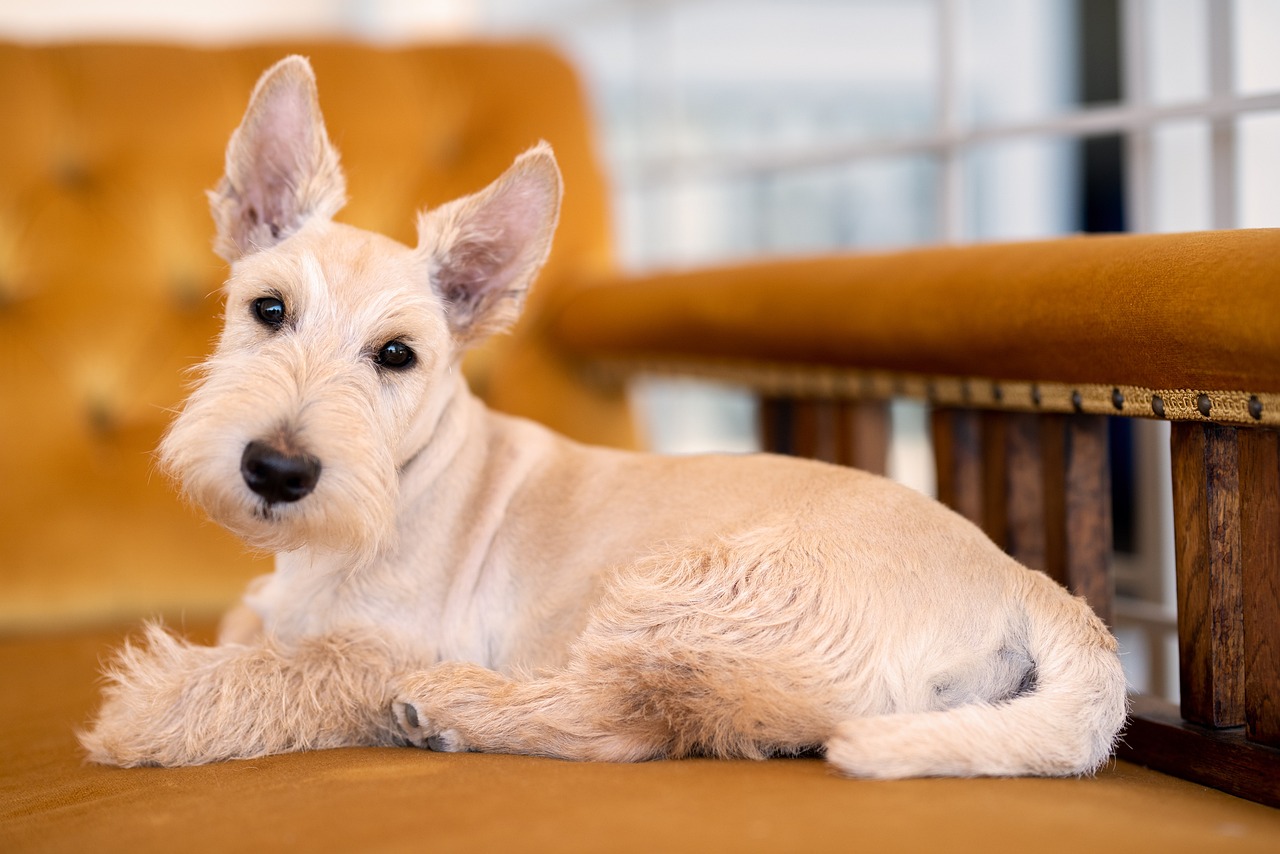
8. Borzoi
The Borzoi, a breed known for its elegance and speed, is also characterized by its independent nature. Originally bred for hunting large game in Russia, Borzois are accustomed to working independently. They are affectionate with their families but do not demand constant attention, displaying a calm and composed demeanor when left alone. Borzois’ independent streak means they are less likely to develop separation anxiety, making them suitable for owners who appreciate their quiet dignity and self-sufficiency.

9. Dalmatian
The Dalmatian, famed for its distinctive spotted coat and unique historical role as a carriage dog, exhibits a blend of independence and loyalty. Their heritage, working alongside horses and coaches, has instilled a sense of self-reliance, coupled with an energetic and playful nature. Dalmatians cherish human companionship but their adaptable and busy temperament helps them manage well during periods alone. They are intelligent and require regular exercise to keep them happy and healthy, but they’re not typically prone to separation anxiety, thanks to their confident and self-assured nature.
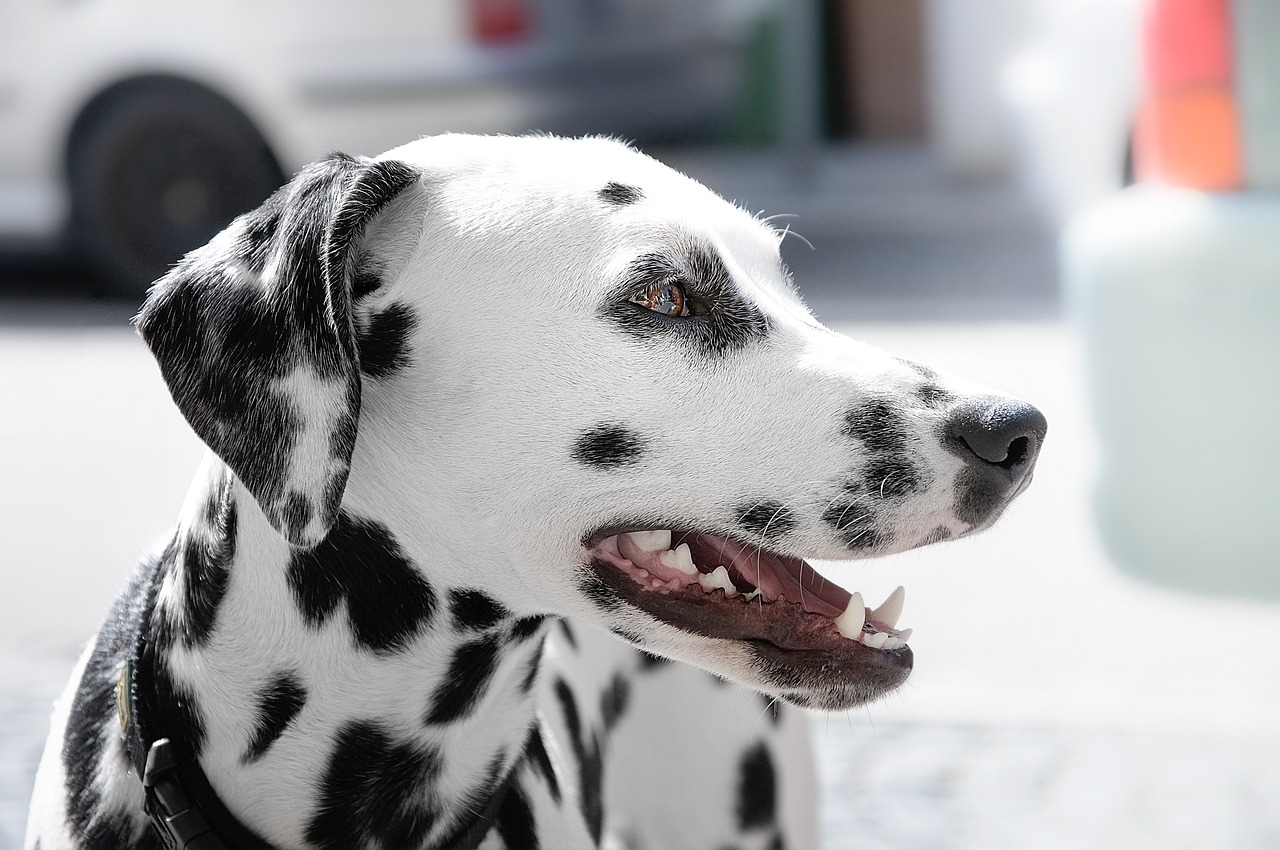
10. Saluki
The Saluki, one of the oldest dog breeds, carries a dignified presence and a gentle, independent spirit. Originally bred in the Middle East for hunting, Salukis are accustomed to ranging far from their handlers, contributing to their self-reliant demeanor. While they form deep bonds with their families, Salukis are not overly clingy and can spend time alone without undue stress. Their quiet and reserved nature makes them less susceptible to separation anxiety, provided they receive adequate exercise and mental stimulation when their family is home.
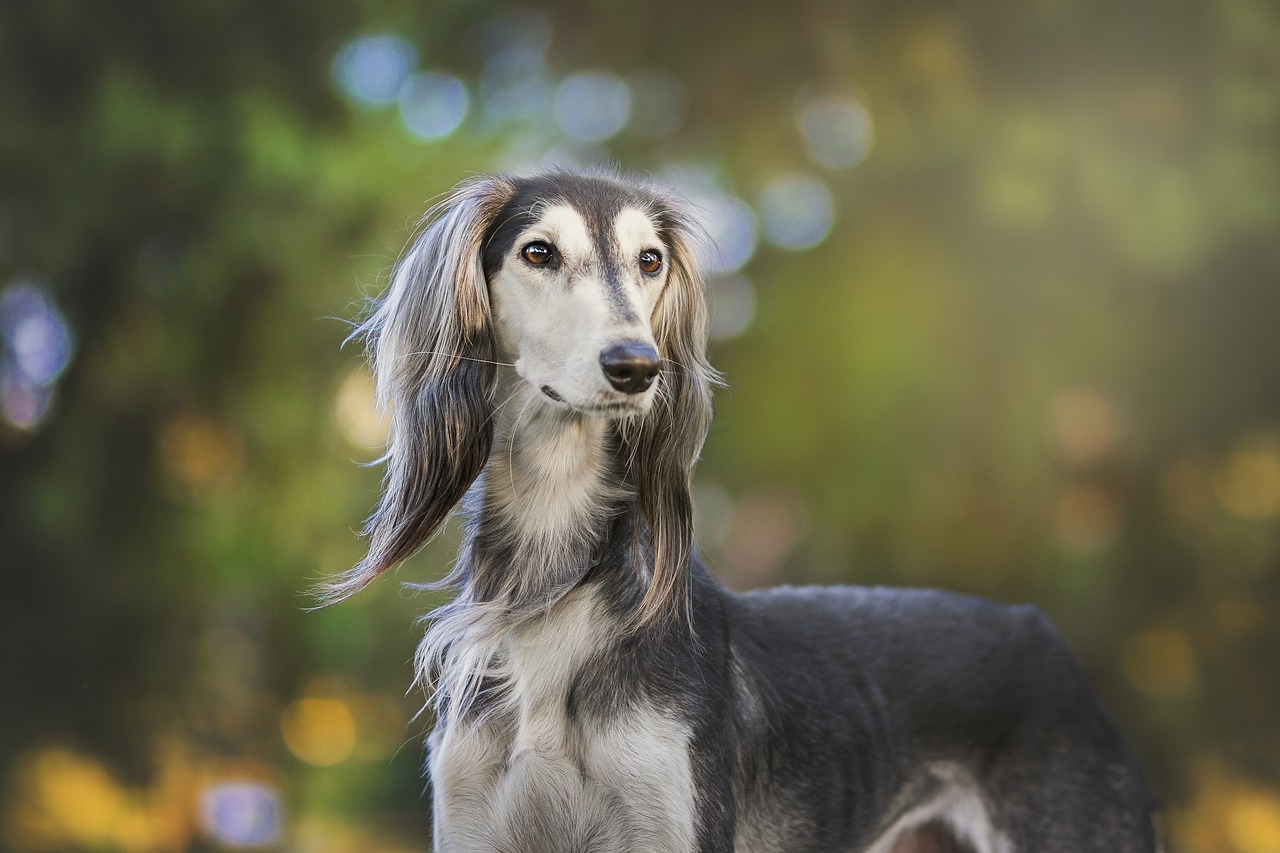
11. Miniature Schnauzer
The Miniature Schnauzer, with its distinctive beard and eyebrows, is a breed known for its spirited personality and intelligence. Despite their smaller size, Miniature Schnauzers were bred as farm dogs to hunt vermin, leading to a bold and independent streak. They thrive on human interaction but are also content to occupy themselves with toys and activities when alone. Their adaptability and alertness make them excellent companions without a propensity for separation anxiety, especially when they’ve been properly trained and socialized from an early age.
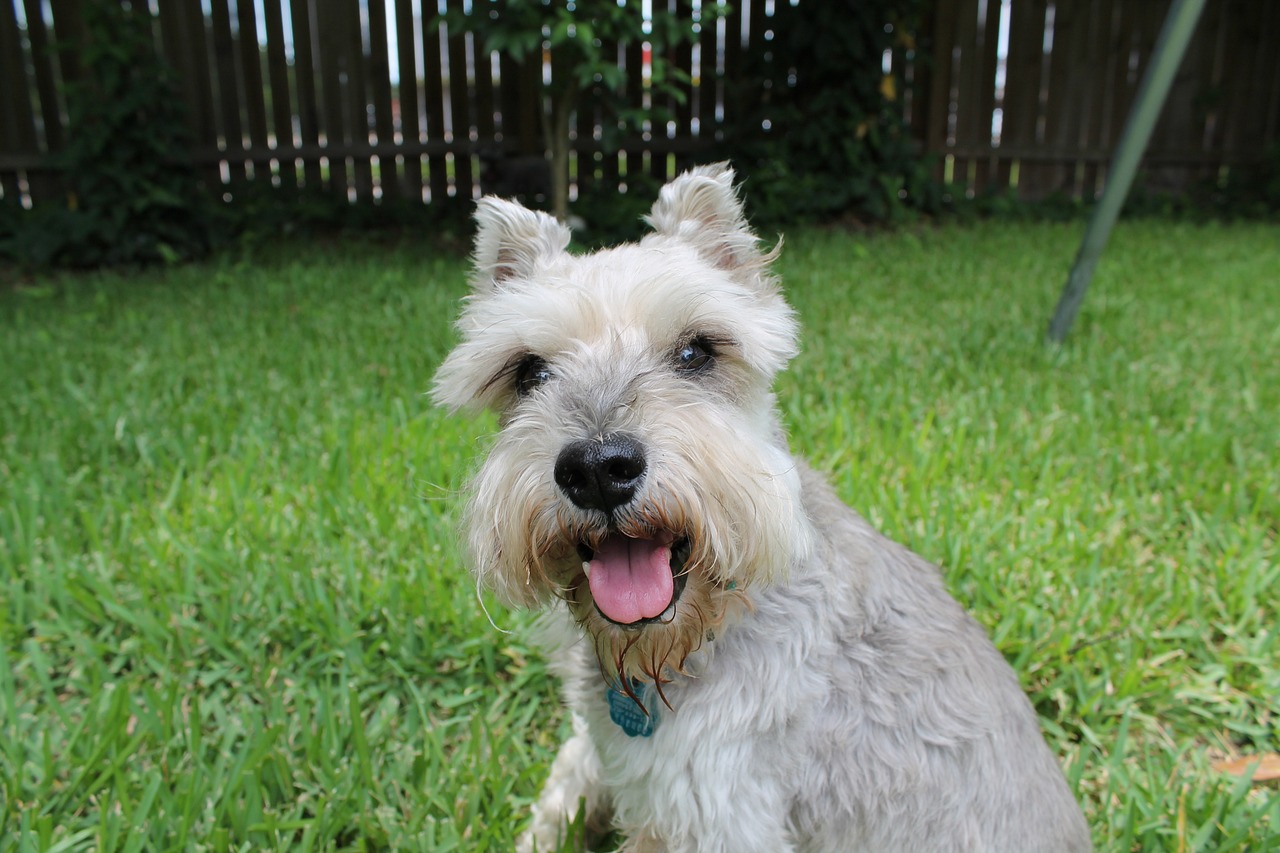
12. Alaskan Malamute
The Alaskan Malamute, known for its strength and endurance as a sled dog, exhibits a remarkable blend of independence, loyalty, and gentle temperament. Malamutes are incredibly family-oriented but their breeding for heavy work in harsh conditions has fostered a degree of independence. They’re sociable with people and other dogs, yet their calm confidence helps them handle time alone without anxiety. Providing they have enough space and receive ample exercise, Malamutes can be left alone without exhibiting signs of separation anxiety, making them suited to active families who might not always be home.
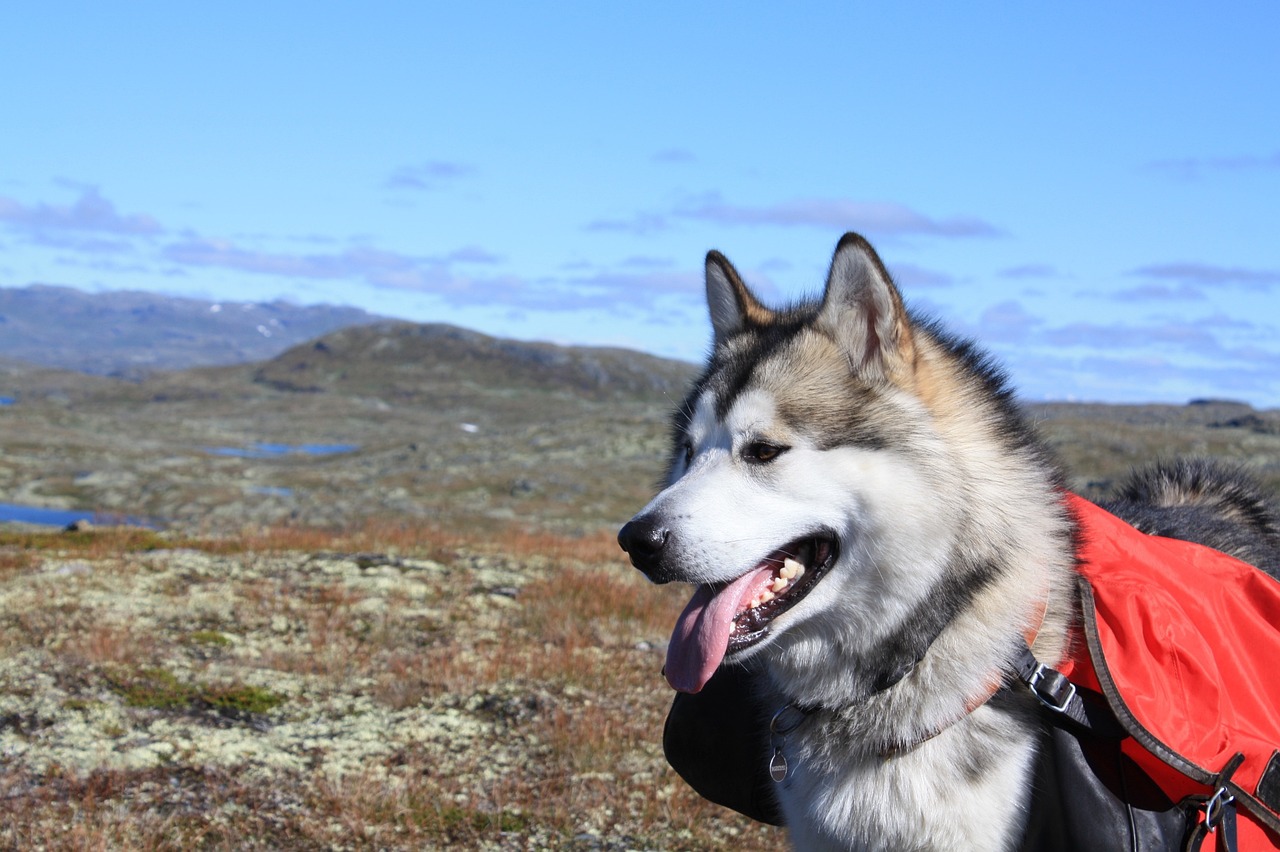
Separation anxiety can be a concern for many dog owners, certain breeds exhibit traits that make them more suited to spending time alone. These breeds share an independent streak and confidence that helps mitigate the risk of separation anxiety. Potential dog owners need to consider their lifestyle and ability to provide companionship when choosing a breed. The breeds highlighted in this article represent just a few options for those seeking a more independent canine companion. Proper training, socialization, and ensuring their physical and mental needs are met can further help any dog, regardless of breed, to feel secure and content when left alone.
 Toledo, United States.
Toledo, United States.